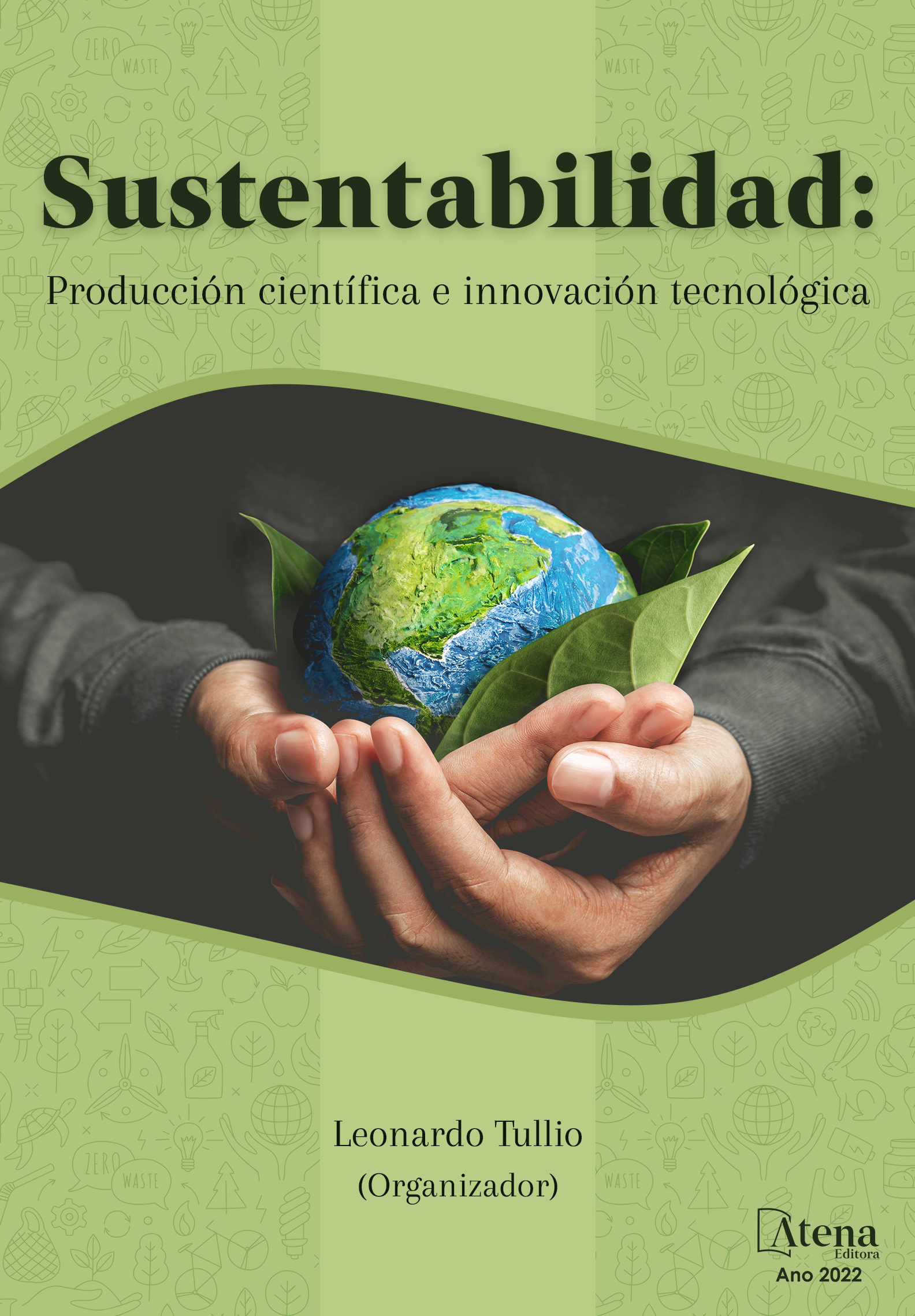
A IMPLEMENTAÇÃO DE PRÁTICAS SUSTENTÁVEIS NO AMBIENTE ESCOLAR: REFLEXÕES E DESAFIOS
O presente trabalho busca refletir o conceito de sustentabilidade e os desafios acerca de sua implementação no ambiente escolar, considerando-se uma série de reflexões pertinentes ao século XXI. Pautado na metodologia qualitativa, próprias das ciências humanas e sociais aplicadas, tem no referencial teórico sua base construtiva (bibliografia e questionário semiestruturado), com a pretensão de suscitar mais dúvidas e contribuir para que as práticas sustentáveis se tornem uma cultura que transcenda a escola e se arraigue por toda uma vida. Participar ativamente de um mundo mais justo e sustentável deve ser uma pauta cotidiana na educação e, quanto mais cedo for desmistificada e introduzida ao jovem, mais possibilidade de sucesso na formação cidadã do estudante. A Escola Estadual Waldemir Barros da Silva, localizada na periferia sul do município de Campo Grande, capital do estado de Mato Grosso do Sul, foi o lócus dessa pesquisa. Espera-se, com a observância dos resultados, propagar de maneira mais intensiva as práticas sustentáveis aos jovens da unidade escolar de modo a formar cidadãos plenos de seus direitos e cientes de seus deveres. Os resultados, a médio e longo prazo, ocasionarão em qualidade de vida para as futuras gerações.
A IMPLEMENTAÇÃO DE PRÁTICAS SUSTENTÁVEIS NO AMBIENTE ESCOLAR: REFLEXÕES E DESAFIOS
-
DOI: 10.22533/at.ed.5102201063
-
Palavras-chave: Sustentabilidade. Educação Ambiental. Cidadania.
-
Keywords: Sustainability. Environmental education. Citizenship.
-
Abstract:
This paper seeks to reflect on the concept of sustainability and the challenges regarding its implementation in the school environment, considering a series of reflections relevant to the 21st century. Based on the qualitative methodology, typical of the applied human and social sciences, it has its constructive theoretical framework (bibliography and semi-structured questionnaire), with the intention of raising more questions and contributing so that sustainable practices become a culture that transcends the school and takes root for a lifetime. Actively participating in a more just and sustainable world should be a daily agenda in education and, the sooner it is demystified and introduced to young people, the greater the possibility of success in the formation of citizenship of the student. The Waldemir Barros da Silva State School, located in the southern outskirts of Campo Grande, capital of the state of Mato Grosso do Sul, was the locus of this research. It is expected, with the observation of the results, to propagate in a more intensive way the sustainable practices to the young people of the school unit in order to form citizens full of their rights and aware of their duties. The results, in the medium and long term, will result in quality of life for future generations.
-
Número de páginas: 15
- Júlia Araujo Vieira
- Amanda Souza de Almeida
- Rayssa Soares do Nascimento
- Maria Luiza Montanher Fialho Ruiz
- Sarah Rodrigues Schiavi
- Regerson Franklin dos Santos


